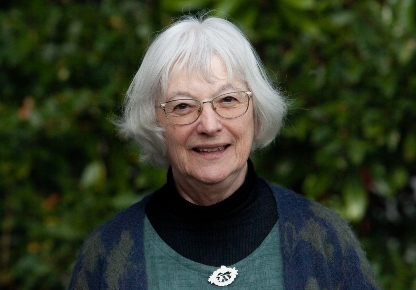
Friedrich Froebel invented the term ‘kindergarten’ in 1840 to express his vision for early childhood education, and his legacy continues to inspire early childhood educators.
Froebel believed that play is the principle means of learning in early childhood.
In a wide-ranging conversation recorded in the week leading up to the general election, the two champions of early years discussed the current state of early childhood education, including the expansion of early years places and what provision needs to look like to be in the best interests of young children.


Register now to continue reading
Thank you for visiting Nursery World and making use of our archive of more than 35,000 expert features, subject guides, case studies and policy updates. Why not register today and enjoy the following great benefits:
What's included
-
Free access to 4 subscriber-only articles per month
-
Unlimited access to news and opinion
-
Email newsletter providing activity ideas, best practice and breaking news
Already have an account? Sign in here









